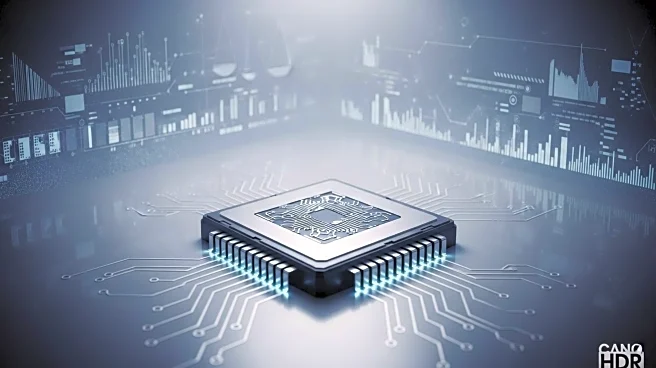What's Happening?
Qualcomm and its subsidiary Nuvia have achieved a significant legal victory against Arm Holdings, concluding a prolonged dispute over licensing agreements related to Arm's processor designs. A U.S. District Court judge in Delaware ruled in favor of Qualcomm, stating that neither Qualcomm nor Nuvia breached Arm's Architecture License Agreement (ALA). This decision follows a jury verdict from December 2024, which had already cleared Qualcomm of violating Arm's ALA and Technology License Agreement (TLA). The core of the dispute involved Qualcomm's use of Oryon cores, initially developed by Nuvia, in its Snapdragon X processors. Arm contended that Qualcomm needed to renegotiate licensing terms after acquiring Nuvia in 2021, but the court's ruling dismissed these claims.
Why It's Important?
This ruling is pivotal for Qualcomm as it affirms the company's right to continue using its Oryon cores in Snapdragon products, potentially influencing future licensing negotiations in the semiconductor industry. The decision limits Arm's leverage in disputes over license extensions following acquisitions, which could have broader implications for how technology companies manage intellectual property rights. Qualcomm's victory may encourage other companies to pursue similar legal strategies when facing licensing disputes, potentially reshaping industry norms around technology licensing and innovation.
What's Next?
Although Qualcomm has secured a legal win, Arm has announced plans to appeal the decision, indicating that the legal battle may continue. The outcome of the appeal could further impact the semiconductor industry, particularly in how licensing agreements are interpreted and enforced. Stakeholders in the industry will be closely monitoring the appeal process, as its resolution could set important precedents for future technology licensing and innovation practices.









